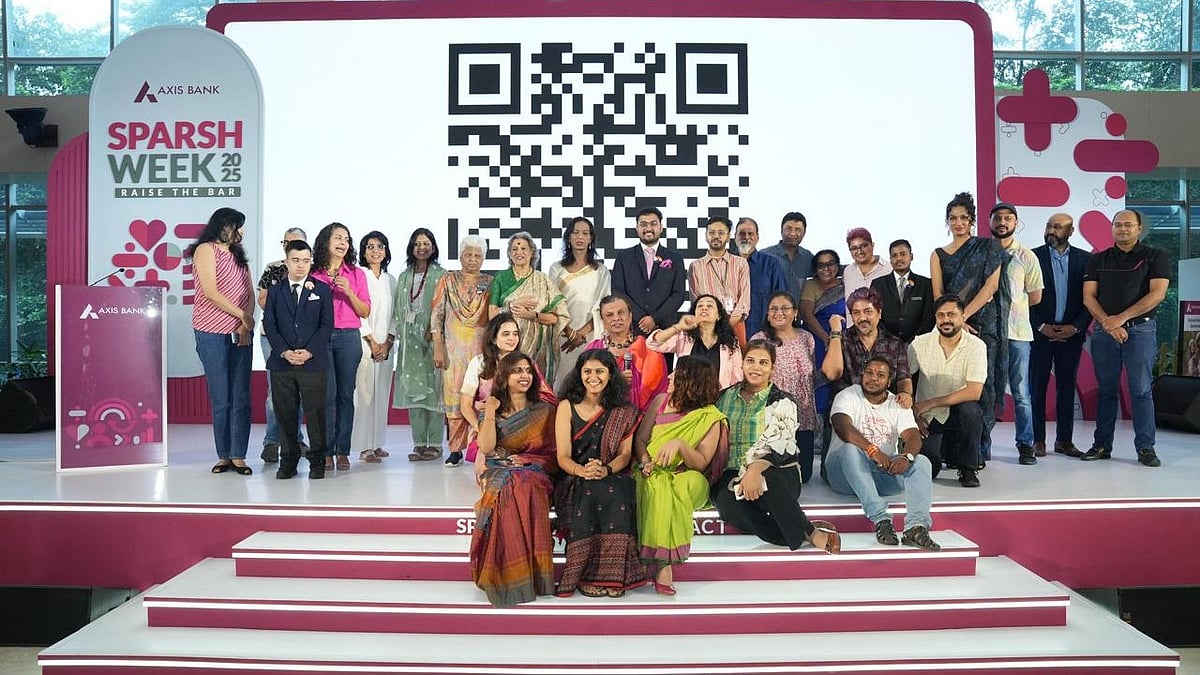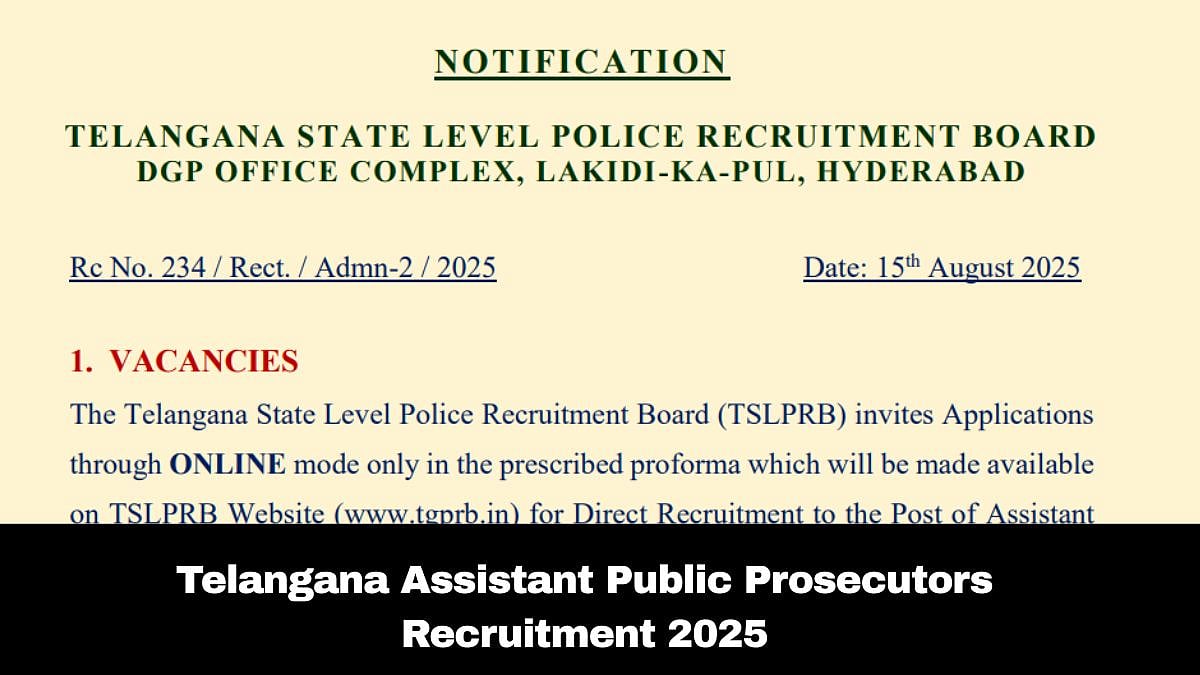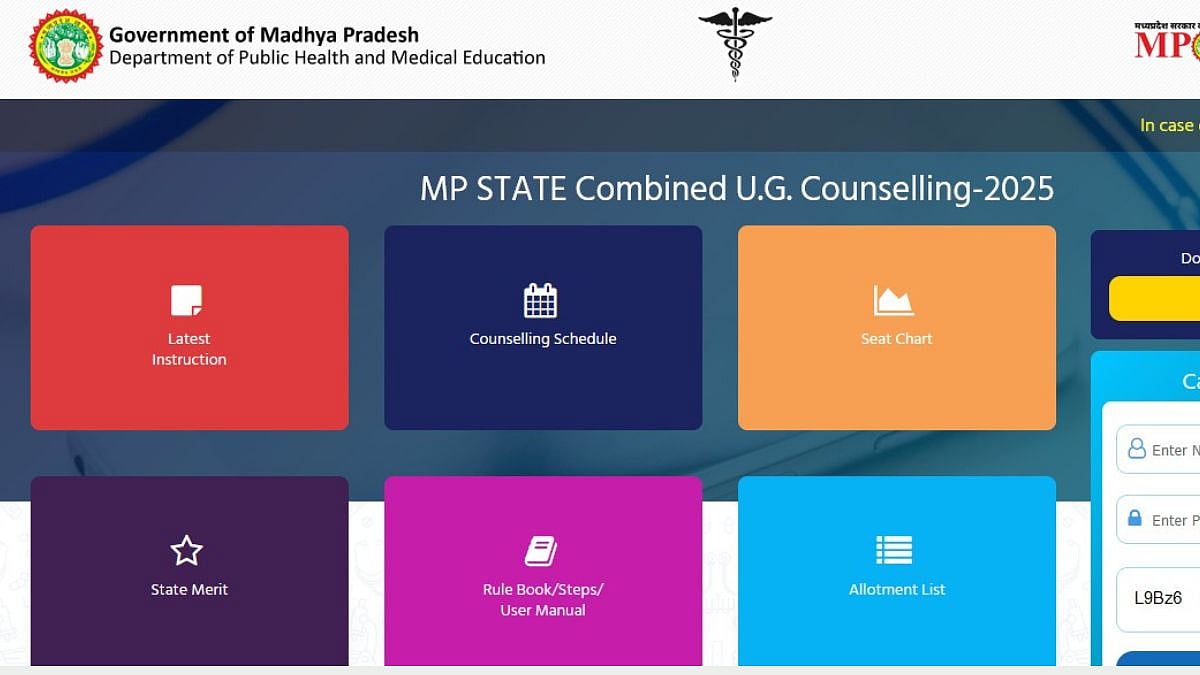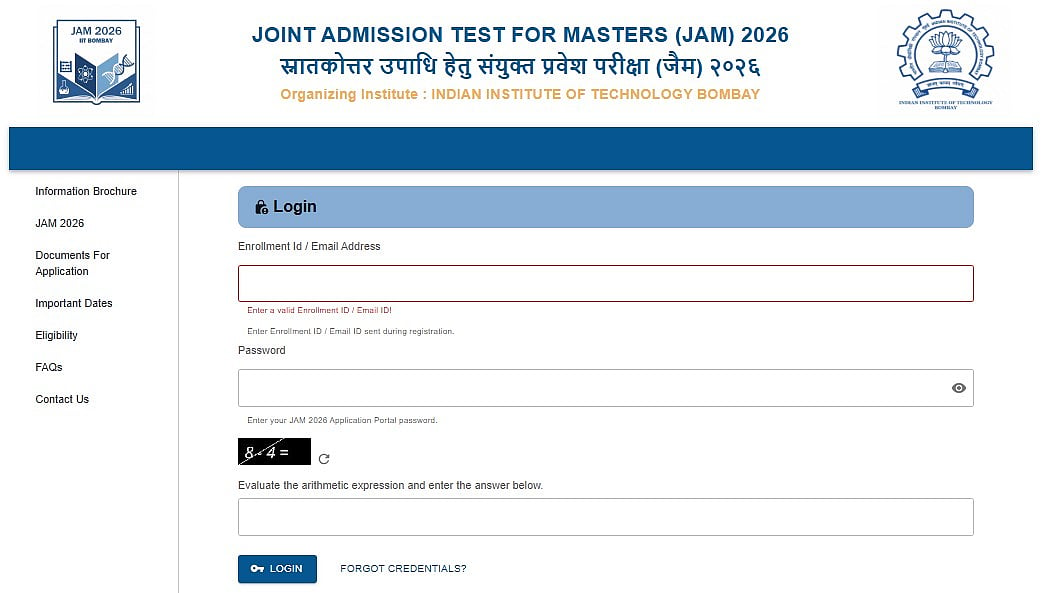The Indian Institute of Technology Delhi (IIT Delhi) has recently launched the Executive Programme in Robotics. This program aims to provide professionals with the necessary skills and knowledge to thrive in the ever-changing field of robotics.
The Robotics Executive Programme provides professionals with a blend of managerial knowledge and technical skills to enhance their leadership abilities, increase productivity, and foster growth. The programme has a duration of five months and consists of 120 hours of online learning.
The program will cover the fundamental aspects of robotics, including mechanical components, sensors, and AI. It will be delivered through the Interactive Learning platform, which utilizes the Direct-to-Device mode. Additionally, participants will gain knowledge about the practical applications of robotics in various sectors such as healthcare and manufacturing.

Speaking on the announcement, Prof. Arnab Chanda, Assistant Professor, IIT Delhi said, “Robotics and AI are transforming industries all over the world. The impact of robotics can be seen in various fields such as manufacturing, medicine, logistics, agriculture, defence, and more. To keep up with the technological advancements in this field, IIT Delhi’s Executive Programme in Robotics is a unique opportunity for professionals, engineers or entrepreneurs.”
Echoing Prof. Biswarup Mukherjee, Assistant Professor, IIT Delhi said, “The Executive Programme in Robotics offers more than just traditional classroom teaching. Participants get hands-on experience and exposure to real-world applications of robotics technology. This programme enables them to create robotic devices from scratch, implement programming, and effectively utilise the operating system.”
The Robotics Market is expected to reach approximately USD 45.85 billion in 2024 and is predicted to grow to USD 95.93 billion by 2029, with a compound annual growth rate (CAGR) of 15.91% from 2024 to 2029.
According to a report by Forbes, AI and Robotics are increasingly being employed in various industries such as manufacturing, medicine, and hospitality. Advances in this field have led to the development of robots that can perform hazardous tasks or work on construction sites, thereby avoiding potential danger to human workers. Moreover, a LinkedIn report reveals that the use of robotics has enhanced productivity and reduced errors, promoting a collaborative relationship between humans and robots.


.jpg)








